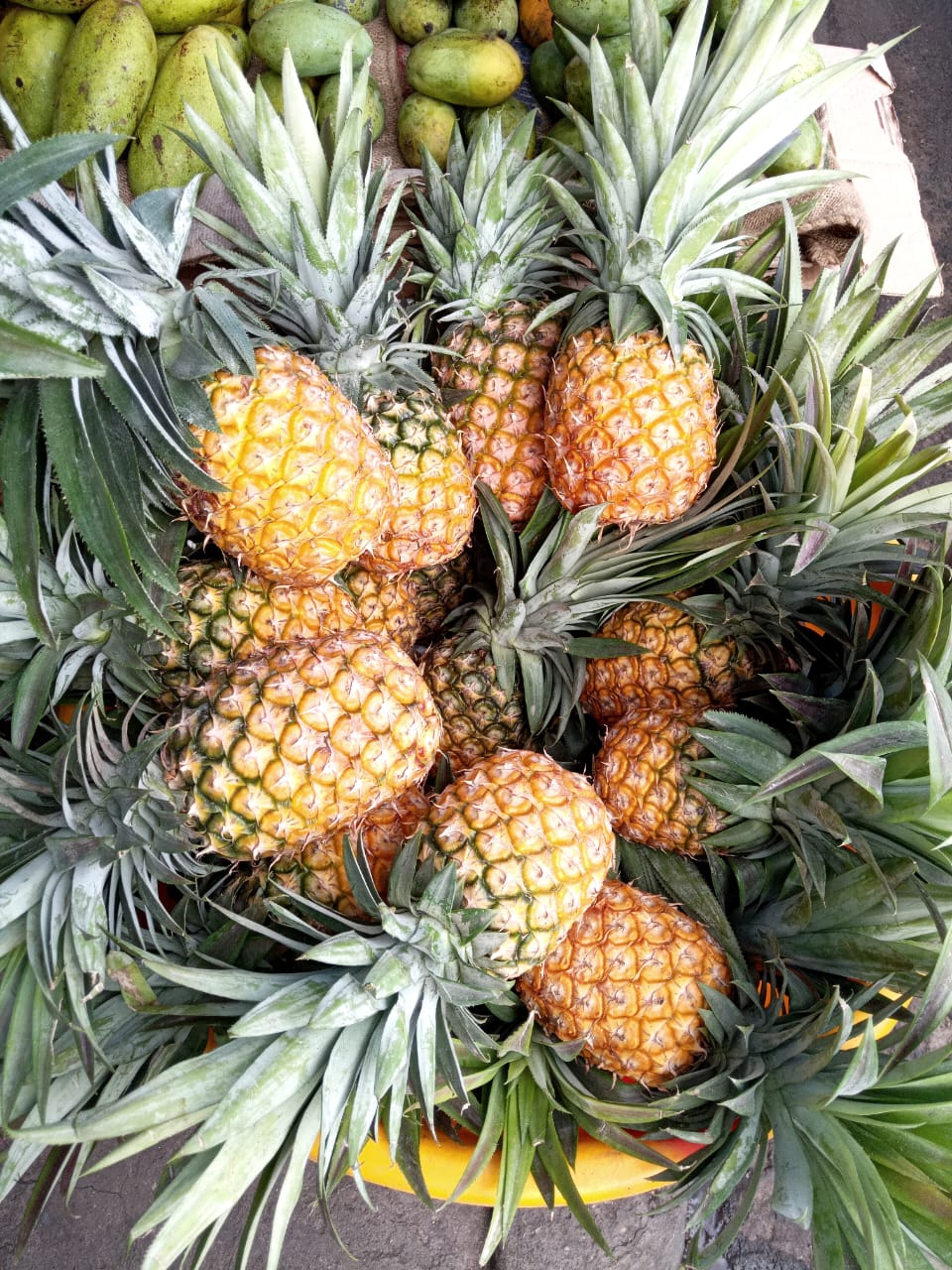
The benefits of organic farming for the environment and community.
Organic farming is a method of agriculture that avoids the use of synthetic pesticides, herbicides, and fertilizers, and instead relies on natural methods of pest control and soil fertility management. This approach to farming has a number of benefits for the environment and the community:
Soil health: Organic farming practices focus on building soil health by using natural fertilizers and crop rotation. This helps to maintain soil fertility and reduces erosion, which in turn, improves soil health and prevents soil degradation.
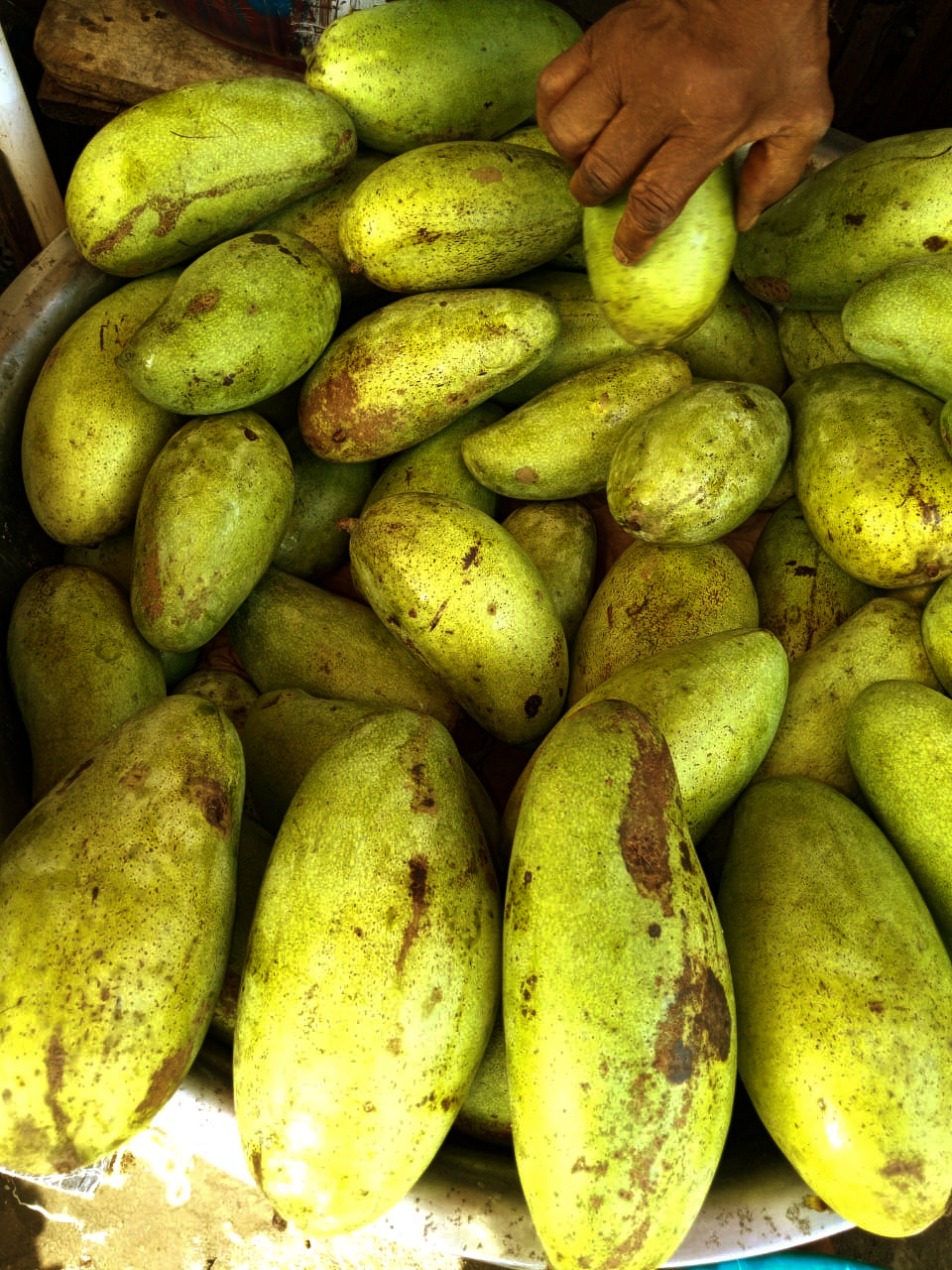
Reduced environmental pollution: Organic farming practices do not involve the use of synthetic pesticides and fertilizers. This reduces the amount of toxic chemicals that are released into the environment, which can have negative effects on local ecosystems and human health.
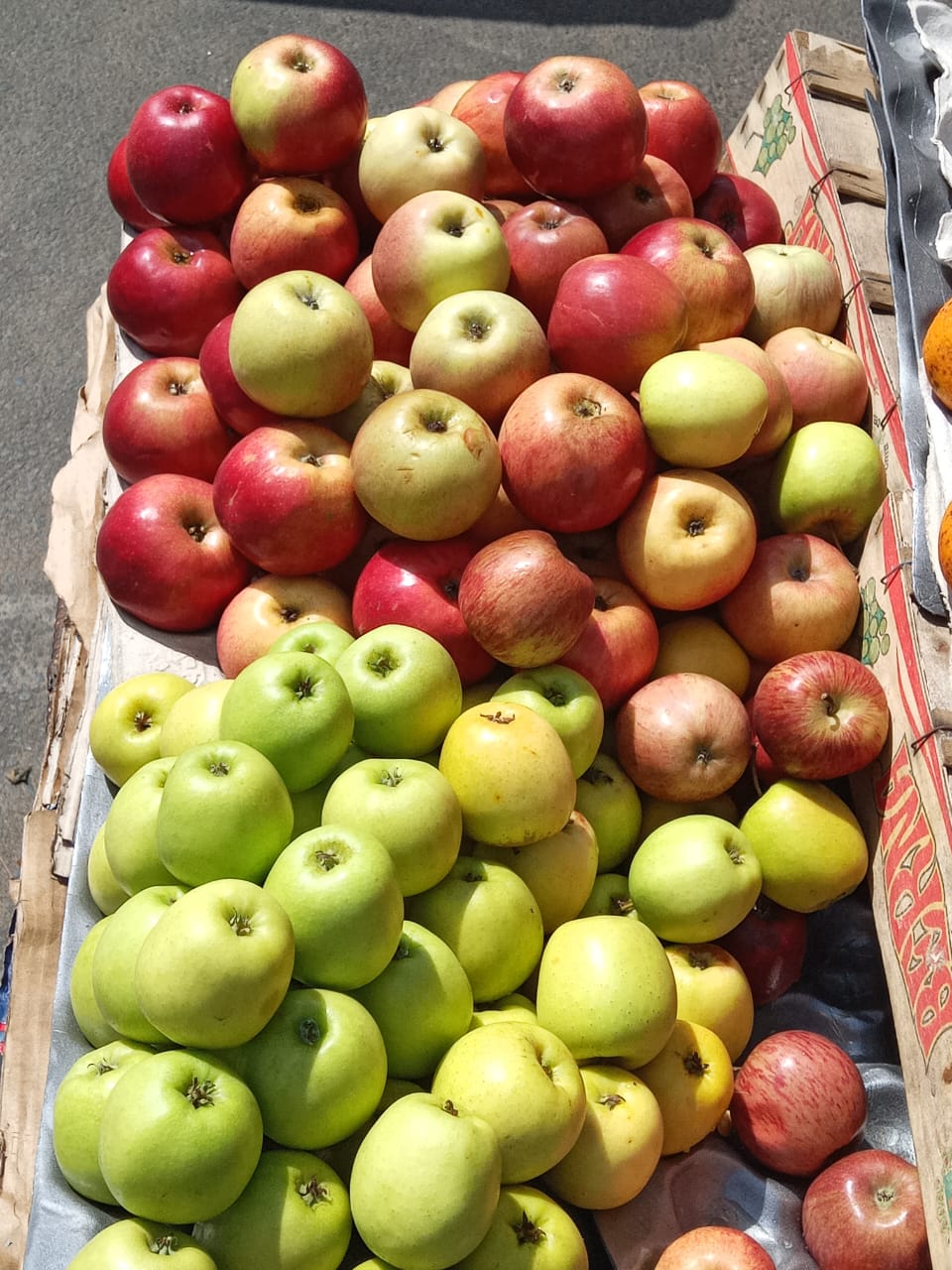
Biodiversity: Organic farming practices typically include planting a diverse range of crops, which can help to support biodiversity in the local ecosystem. This can include providing habitat for pollinators, beneficial insects, and other wildlife.
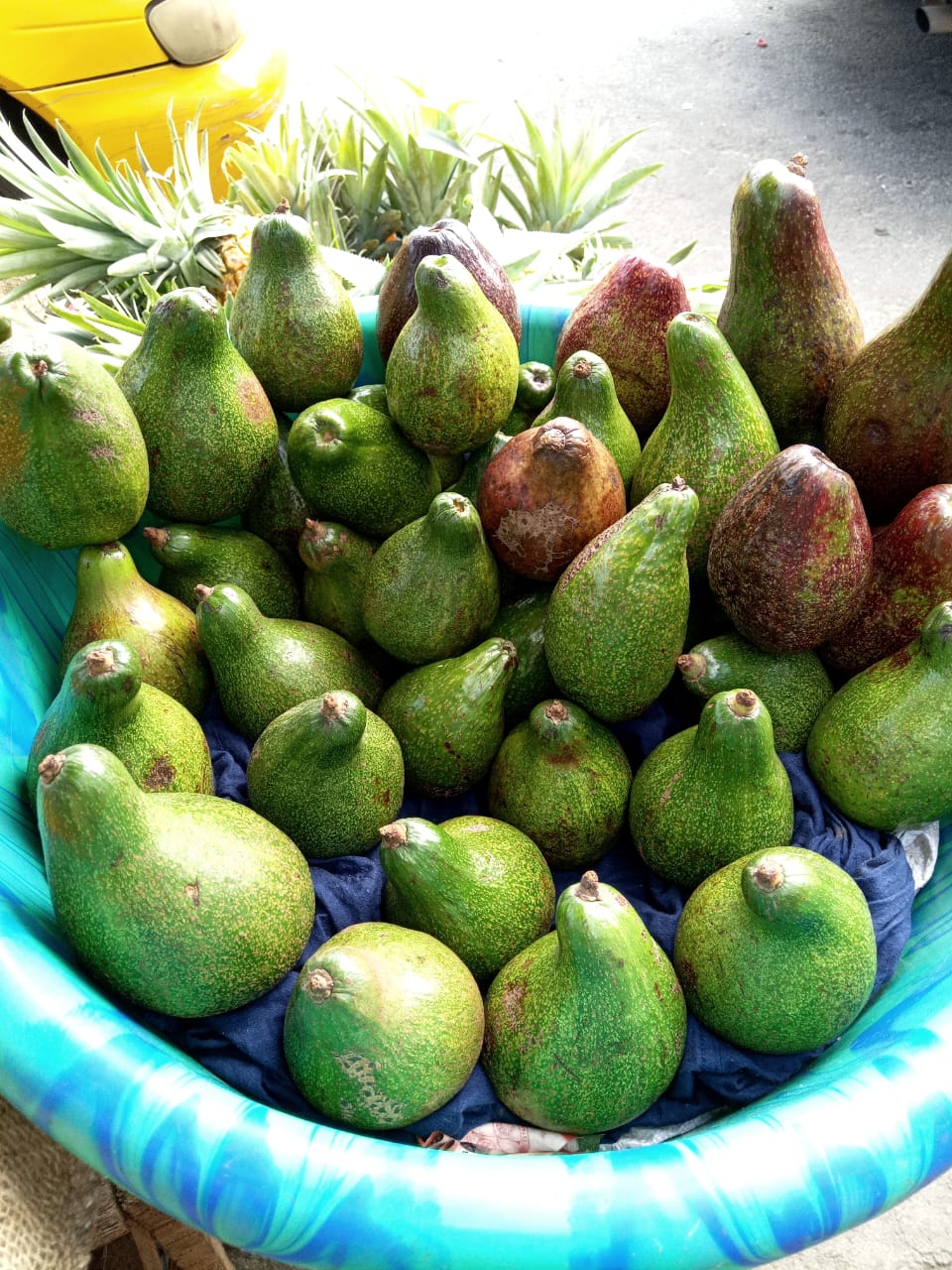
Water conservation: Organic farming practices can also help to conserve water resources. By using natural methods of pest control and soil fertility management, organic farmers are able to reduce the amount of water needed for irrigation.
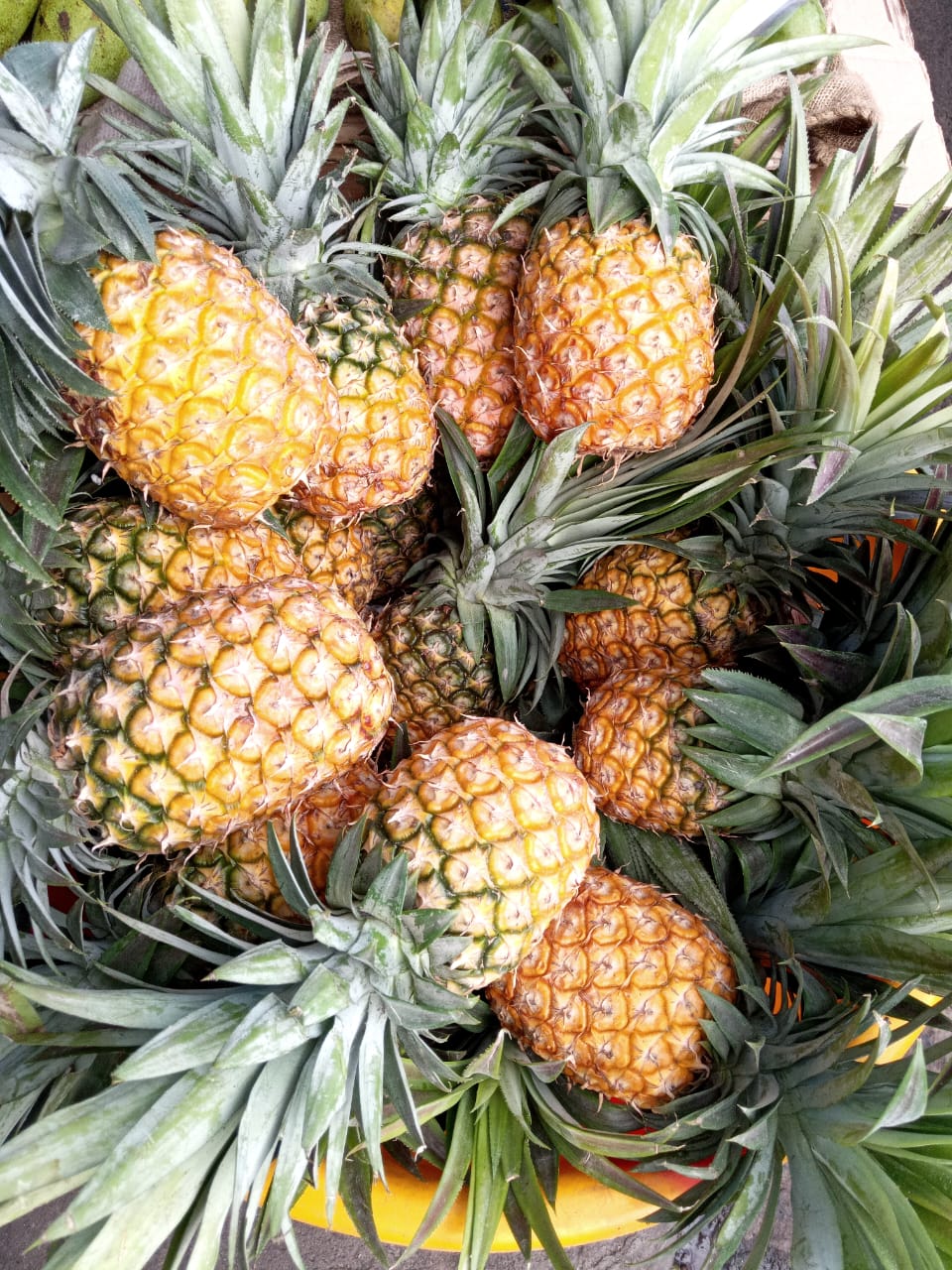
Health benefits: Organic food is often perceived to be healthier than conventionally grown food, as it does not contain synthetic pesticides and fertilizers. Additionally, organic farming practices may result in higher levels of certain nutrients in the food.

Community support: Organic farming often involves the use of local resources and the support of local communities. This can help to build stronger local economies and create jobs in rural areas.
Back to Home Page